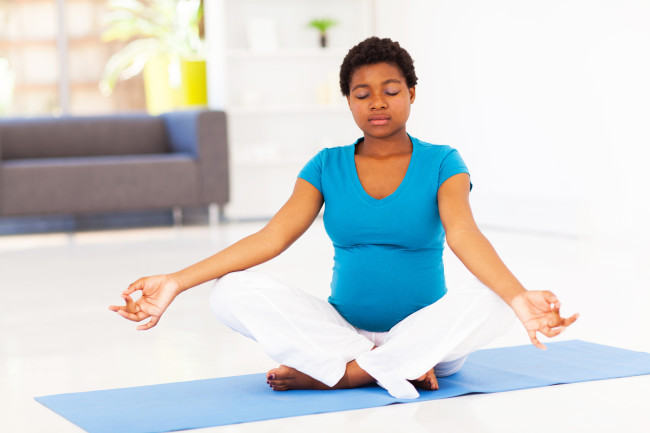Moms-to-be who are afraid of giving birth are likely to be in labour for longer than women who are not, according to study.
Women afraid of giving birth labour 90 minutes longer than those who are not
Researchers in Norway conducted a study among 2,206 women who intended to give birth naturally, with 7.5 percent of the women phobic about giving birth. The study found that those who were clinically afraid spent an average of eight hours in labour, an entire 90 minutes more than their more relaxed counterparts, whose average labour clocked in at six hours 28 minutes.
Physiological conditions and age influence fear of labour
The researchers said that certain conditions, such as physiological conditions or a young age, could influence a woman’s fear of labour, but also stressed that the majority of women surveyed who were afraid of childbirth (89.1 percent) still managed to have a vaginal delivery as intended; though this percentage rose to 93.2 percent among those who were not afraid of giving birth.
Fear of labour shouldn’t increase chance c-section
“We found a link between fear of childbirth and longer duration of labour,” said co-author of the research, Samantha Salvesen Adams of the University of Oslo, Norway. “However, it is important to note that a large proportion of women with a fear of childbirth successfully had a vaginal delivery and therefore elective caesarean delivery should not be routinely recommended,” and noted the importance of accounting for women’s psychological state during pre-natal care.
The researchers assessed fear of childbirth with a 33-item questionnaire filled out at 32 weeks of gestation. Common factors in women who feared labour included never having had a baby before, using drugs to speed labour, and having had a previous vaginal delivery using instruments.
These findings were published in BJOG: An International Journal of Obstetrics and Gynecology.
Calming techniques to reduce anxieties and pain
Several holistic practices and complementary therapies have been studied in pregnancy and childbirth. The following techniques have been found to help reduce anxieties and pain;
- Massage
- Aromatherapy
- Hydrotherapy
- Acupressure
(AFP Relaxnews)
Latest posts by Contributor (see all)
- Practical advice for keeping your toddler safe around the pool - December 18, 2014
- Is your pool toddler-proof? - December 18, 2014
- Is it worth it? - December 18, 2014
-
No Comments" href="https://all4baby.co.za/birth/types-of-birth/2601/c-c-need-know-abour-c-sections/">

To “c” or not: C-section facts you need to know
-
No Comments" href="https://all4baby.co.za/birth/types-of-birth/2571/real-life-unmedicated-vbac/">

Real life: An unmedicated VBAC
-
No Comments" href="https://all4baby.co.za/birth/types-of-birth/2177/c-section-elephant-room/">

The c-section elephant in the room
-
No Comments" href="https://all4baby.co.za/birth/labour-delivery/2144/inform-importance-skin-skin/">

Inform yourself: The importance of skin to skin


 Saving...
Saving...